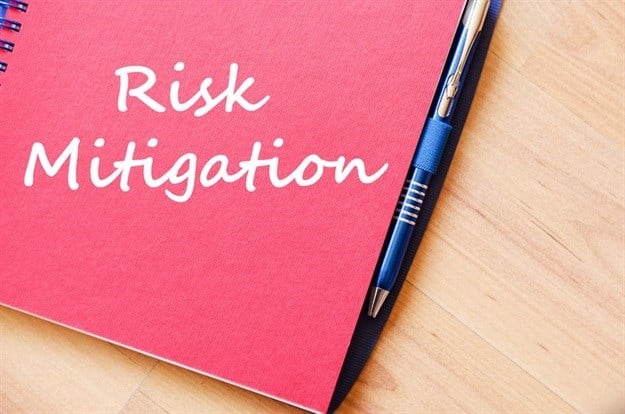






As companies expand into developing environments and business travel becomes an integral part of growth, Jared Higgins, CEO of the Arcfyre Group, a leading protective and risk consulting firm, questions whether the necessary steps are being taken to ensure ‘duty of care’ when it comes to travelling employees.
“In certain countries ‘duty of care’ legislation holds the business liable for protecting the health and safety of their travelling employees. However, the related well-being and ‘duty of care’ aspects for a travelling employee should not only be linked to emergencies and medical incidents.
“Here understanding the impact of ‘duty of care’ and following best practises for protecting an employee is crucial. However, in addition to ensuring their safety and security, companies need to implement the necessary measures to empower themselves to make responsible travel risk management decisions.
Higgins believes that currently not enough is being done by organisations to not only mitigate traveller risk, but also prepare them for potential life threatening situations that may occur.
“The reality is that any country, particularly those where there is political or social unrest, comes with its own unique safety and security concerns. Take Ethiopia for example, where there is currently an extreme risk of armed conflict between the Ethiopian and Eritrean forces, whilst, at the same time, battling the illegal violent protest actions in the country.”
“Despite the extremely risky local environment, we continue to see too many cases where employees are left to handle their own affairs during a crisis, which, in many instances, could have been avoided, had the organisation followed a proper risk mitigation strategy, and taken responsibility for the due diligence that should be carried out before hand,” he comments.
For Higgins, in today’s politically tumultuous landscape, opting for a reputable, specialist security service provider, with a proven track record, is no longer a nice-to-have but, in many, cases a must-have.
“In reality, a situation can go from good to bad in a matter of hours. And unless there is a travel risk plan tailor-made to fit an organisation’s specific needs, employees may be forced to rely on local military or in some cases ineffective law enforcement for safe passage.
“Having a risk consulting firm to assist in these situations, is not only the responsible thing to do to mitigate potential travel risks for employees and senior level management, but in the long run, will avoid the devastating financial implications should an employee or high-profile individual get injured, kidnapped or even worse, lose their life,” he stresses.
When it comes to the protection of corporates in particular, Higgins says investing in a risk consulting firm that can not only provide a thorough assessment of the environment and the risks relating to the type of travel, but one that also has in-depth knowledge of the local cultural beliefs, traditions and norms, is crucial.
“Being cognisant of what is considered appropriate dress, mannerisms and behaviour when it comes to foreign cultures, not only mitigates reputational damage for the individual and organisation, but very often, prevents potential security threats.
Ultimately, taking the possibility of damage into account, whether from a personal or corporate perspective, and having a proactive approach to risk mitigation often avoids the need to have multiple reactive crisis management plans.
“Even with a strategy in place, you cannot put a price on having an external advisor or consultant on hand to guide you safely through it,” he concludes.